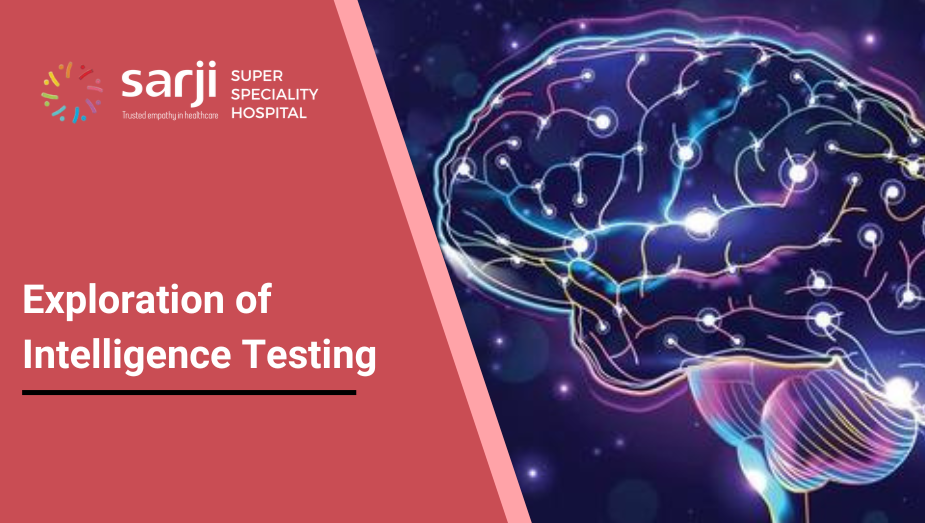
What is an Intelligence Test?
An intelligence test is a standardized assessment used to measure a person’s mental abilities – including reasoning, problem solving, memory and learning capacity. These tests evaluate various cognitive domains such as verbal, numerical, spatial and logical reasoning, helping psychologists and educators understand an individual’s intellectual potential.
A Brief History of IQ Testing
The roots of IQ testing trace back to 1905, when French Psychologists Alfred Binet and Theodore Simon developed a tool to identify school children needing special assistance. Later, Lewis Terman adapted it into the Stannford-Binet Test and introduced the idea of the Intelligence Quotient (IQ). Since then, many versions of IQ tests have been developed worldwide.
Common Types of IQ Tests
1. Stanford-Binet Intelligence Scale: Measures reasoning, memory, knowledge and problem solving skills.
2. Wechsler Scales (WAIS & WISC): Widely used for both adults and children, these include verbal and performance-based subtests.
3. Raven’s Progressive Matrices: A non-verbal test assessing abstract reasoning and patterns recognition.
4. Cattell’s Culture Fair Test: Designed to minimize culture and language bias, focusing on fluid intelligence.
5. Binet-Kamat Test (BKT): An Indian adaptation of Binet’s origin test, particularly relevant in educational and clinical contexts in India.
Focus: The Binet-Kamat Test of Intelligence (BKT)
The Binet-Kamat Test (BKT) is a culturally adapted intelligence test created by Dr. S.K. Kamat in 1967. Based on the Binet-Simon Scale, it is tailored to assess the verbal intelligence of Indian children and young adults.
Key Features of BKT
- Designed for ages 3 to 22 years
- Contains age-graded tasks of increasing difficulty
- Measures Mental Age (MA) and calculates IQ using the formula: IQ = (MA/Chronological Age) × 100
- Assesses a wide range of skills:
- Vocabulary & verbal understanding
- Short-term and auditory memory
- Numerical reasoning
- Abstract thinking
- Problem-solving
- Social intelligence
- Visuo-motor coordination
- Attention and task persistence
Applications of the Binet-Kamat Test (BKT)
- Early Identification of Developmental Delays/ Intellectual Disabilities - by comparing mental and chronological age, BKT helps to detect cognitive delays early, enabling timely interventions through special education or therapy.
- Assessing Slow Learners /cognitive gaps in children who struggle academically but are not intellectually disabled, guiding customized teaching strategies.
- Screening for Learning Disabilities - Detects inconsistencies in cognitive abilities – like strong visual reasoning but weak verbal skills – that may indicate specific leaning disorders.
- Understanding Strengths and Weaknesses – Highlights individual strengths and areas for growth, supporting personalized learning plans or enrichment programs.
- Tracking Developments – Helps to decide school placements (e.g., mainstream classrooms or special support rooms) and tracks progress over time to evaluate intervention outcomes.
- Career Guidance – can offer insights into what kinds of jobs or tasks might be a good fit based on cognitive strengths.
Conclusion
Intelligence testing, especially using culturally relevant tools like the Binet-kamat Test, plays a vital role in understanding a child’s cognitive profile. It helps parents, educators and clinicians make informed decisions to support each child’s unique learning journey.







